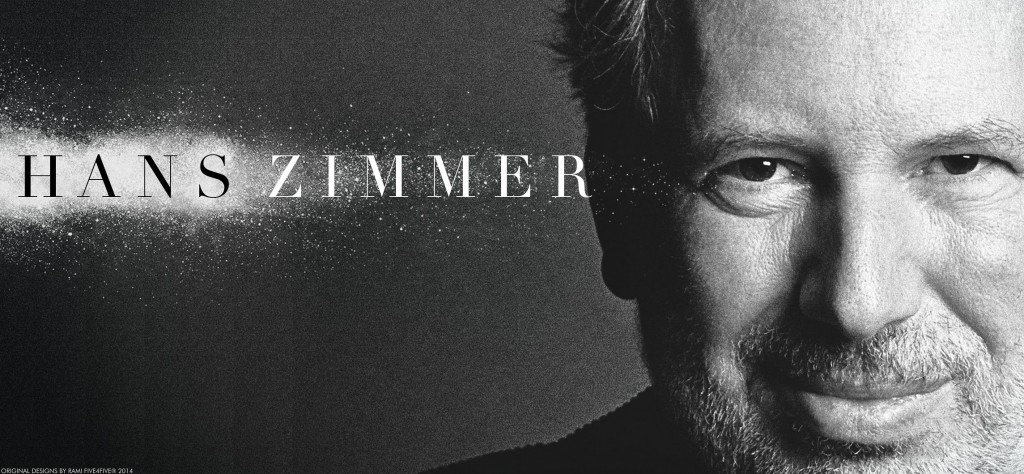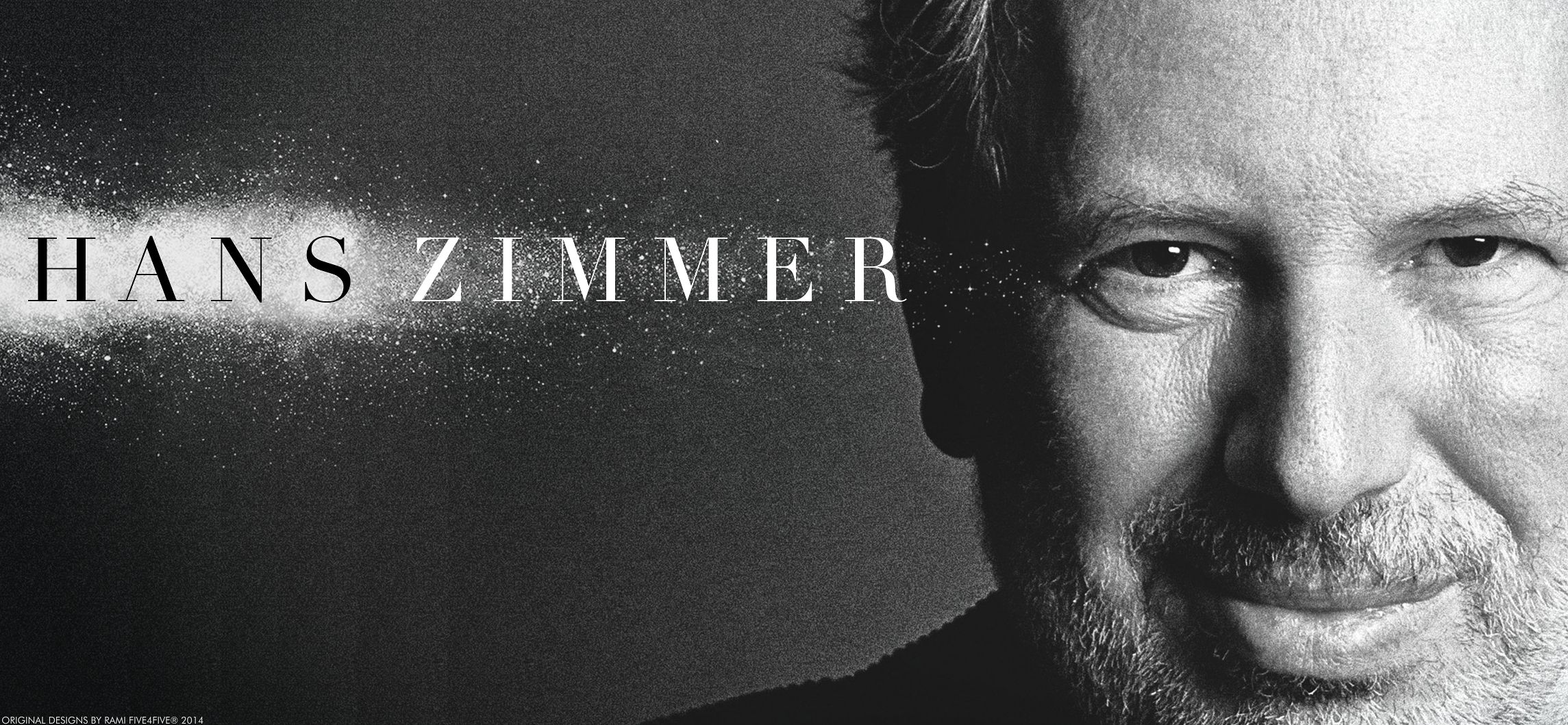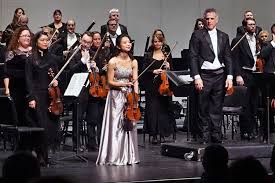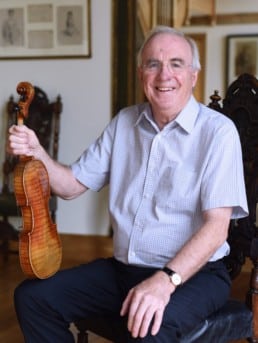Hans Zimmer quits ‘superhero business’
mainThe film composer has been talking to the BBC’s Hard Talk programme.
“I did Batman Begins with Chris [Nolan] 12 years ago, so The Dark Knight Trilogy might be three movies to you, to me it was 11 years of my life,” he said, explaining that he then worked on Man of Steel and Batman v Superman: Dawn of Justice. “This one was very hard for me to do, to try to find new language.”
More here.







Comments